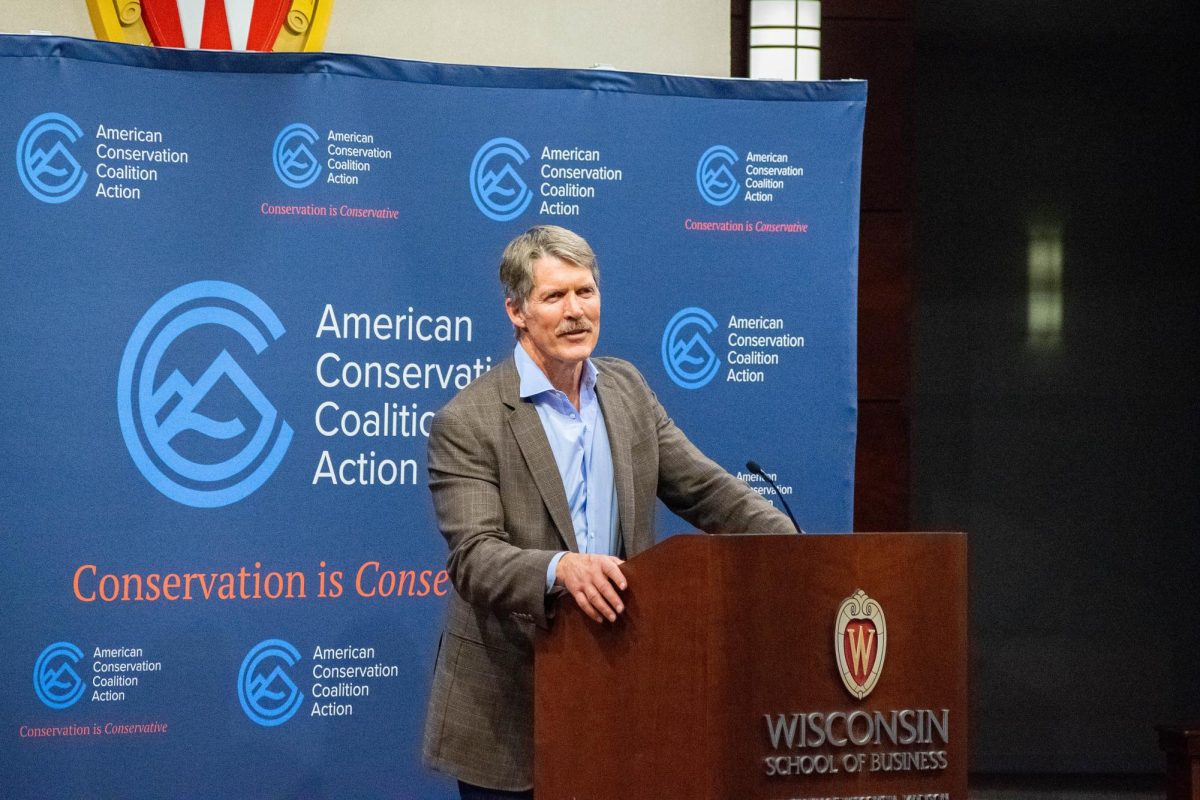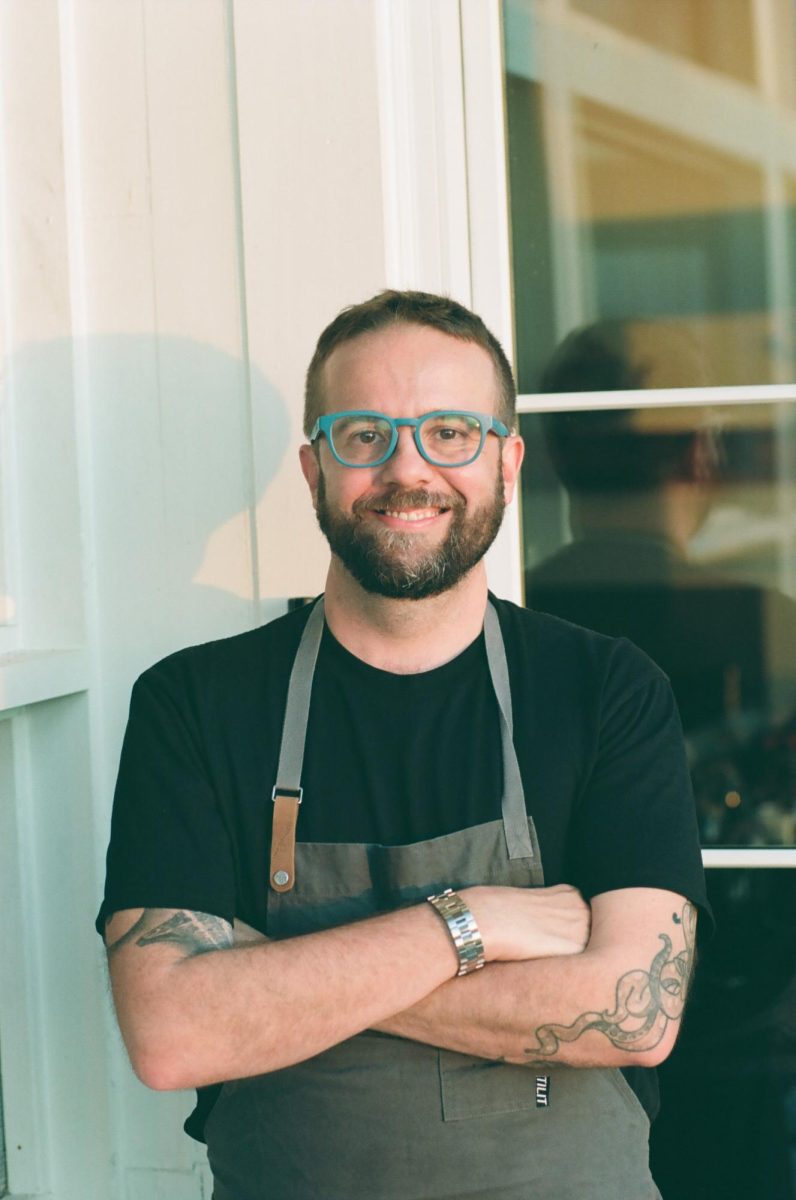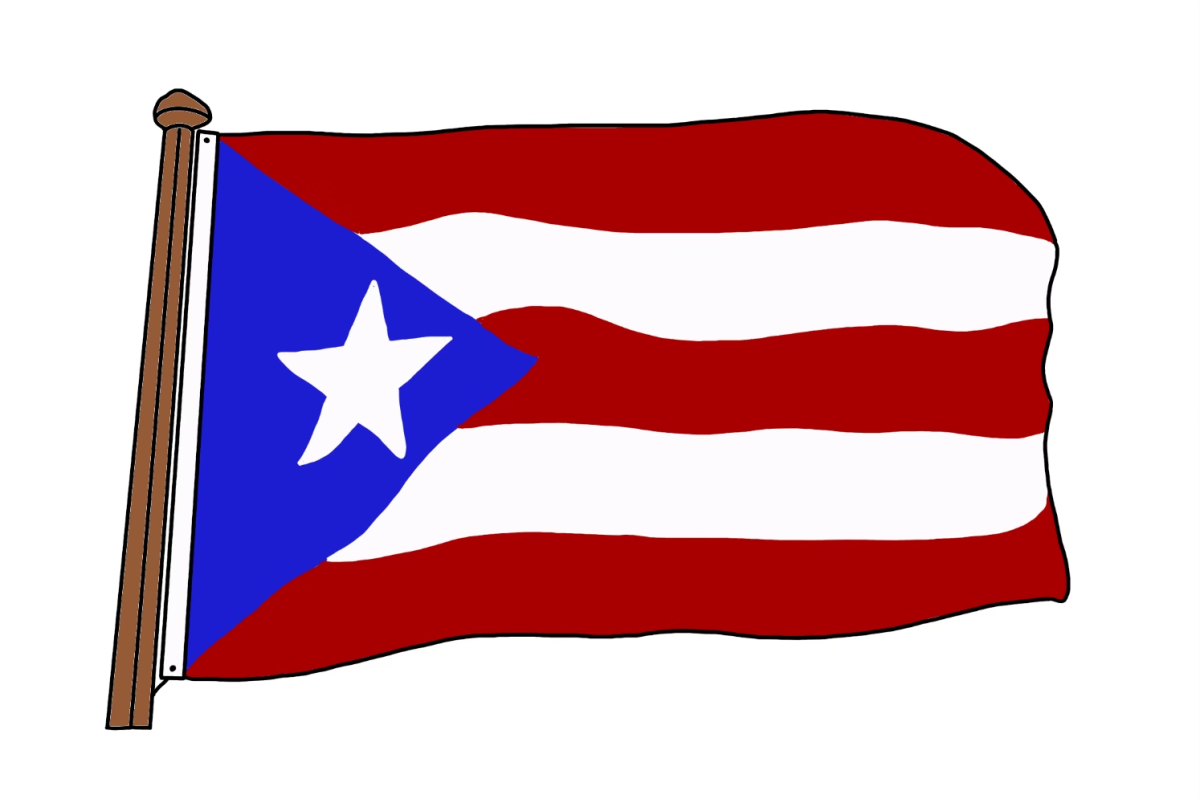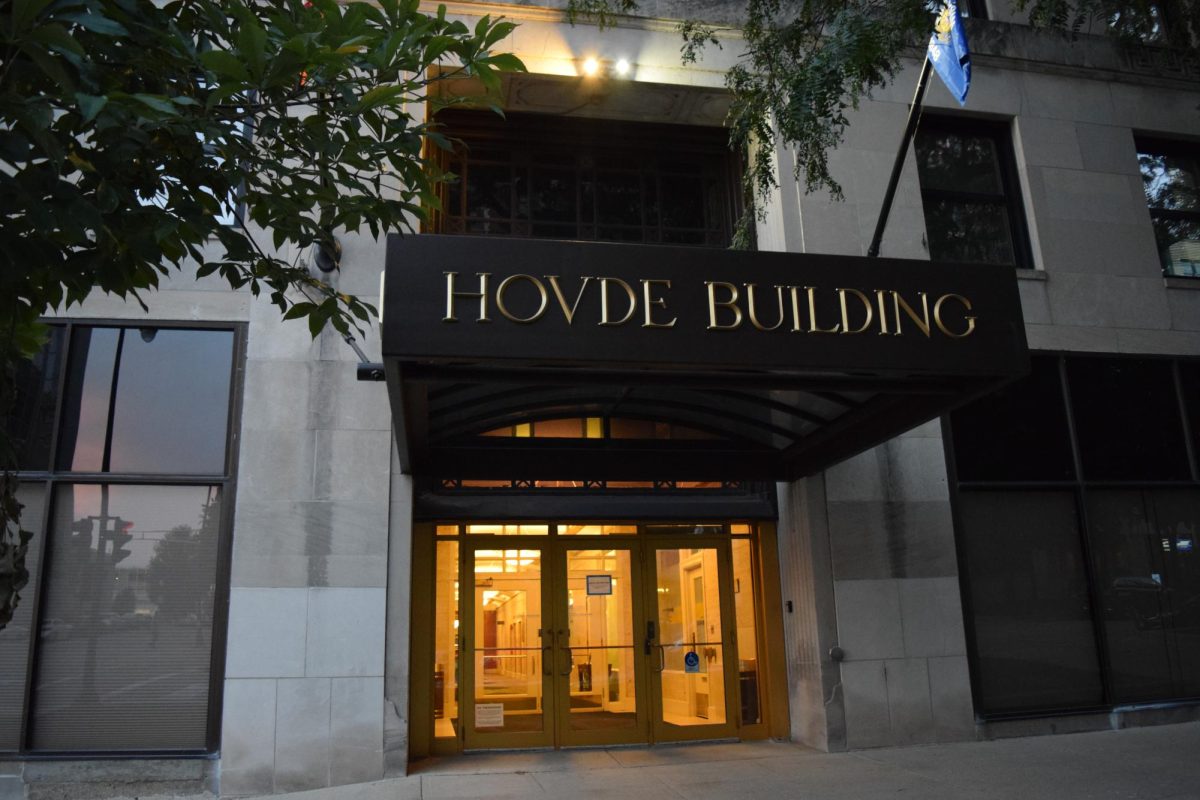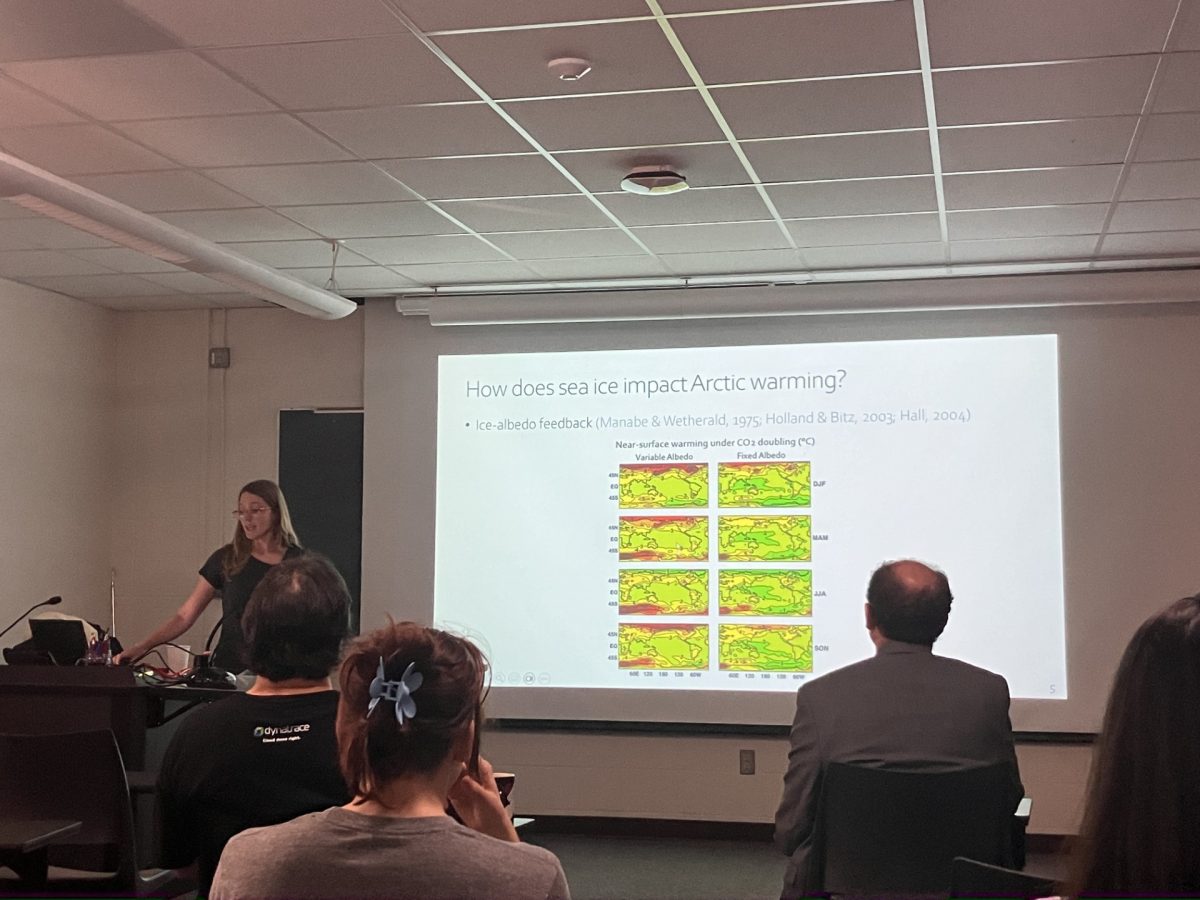After initially rejecting its request, the Catholic University of America recently approved the formation of a chapter of the National Association for the Advancement of Colored People on its campus.
Catholic University originally denied the NAACP’s request to start a local chapter because of the organization’s pro-choice stance and because the existence of the NAACP might overlap with other black student organizations already on campus.
Angelina Orozco, co-chair of La Colectiva, a University of Wisconsin student organization catering to students of different ethnic backgrounds, said she does not agree with CUA’s initial decision to reject the group because of redundancy.
Orozco said the pro-choice issue is a touchy subject but should not be a deciding factor since it is not the organization’s main focus.
“The NAACP has to do with a lot more other issues,” Orozco said.
Orozco added she hopes organizations do not face similar problems at UW.
“That would be very ignorant on our part,” she said.
According to Renee Alfano, assistant director of the UW Student Organization Office, the UW would not reject a student organization on similar grounds.
Alfano added the only requirements for a group to form are that it has a three-person membership, abides by all university, state and national laws and policies and does not discriminate against any protected group, such as racial groups or religious groups and the disabled.
In reference to redundancy, Alfano said many groups on campus have the same major focus but can cater to specific interests and meet different student needs.
“The only [issue] that might come up is if the group had the same name as another group,” Alfano said.
CUA officials eventually approved the NAACP chapter under the provision that the group not promote a pro-choice agenda or any other position conflicting with the Catholic ideals of the university, according to the Chronicle of Higher Education.
Orozco thought the group should not have been forced to make this compromise, but said the negotiation is better than nothing.
“As long as they’re there, they can reach the students somehow, and that’s important,” Orozco said.
Alfano said she thinks the CUA was within its rights in initially rejecting the group, since it is a private institution that receives no government funding.
Alfano added she used to work at a Catholic university and she said was disappointed to see a women’s heath group disbanded because of concerns about it dealing with reproductive issues.
“Having worked at a Catholic university, I know these kind of decisions occur, and that is unfortunate,” Alfano said.


